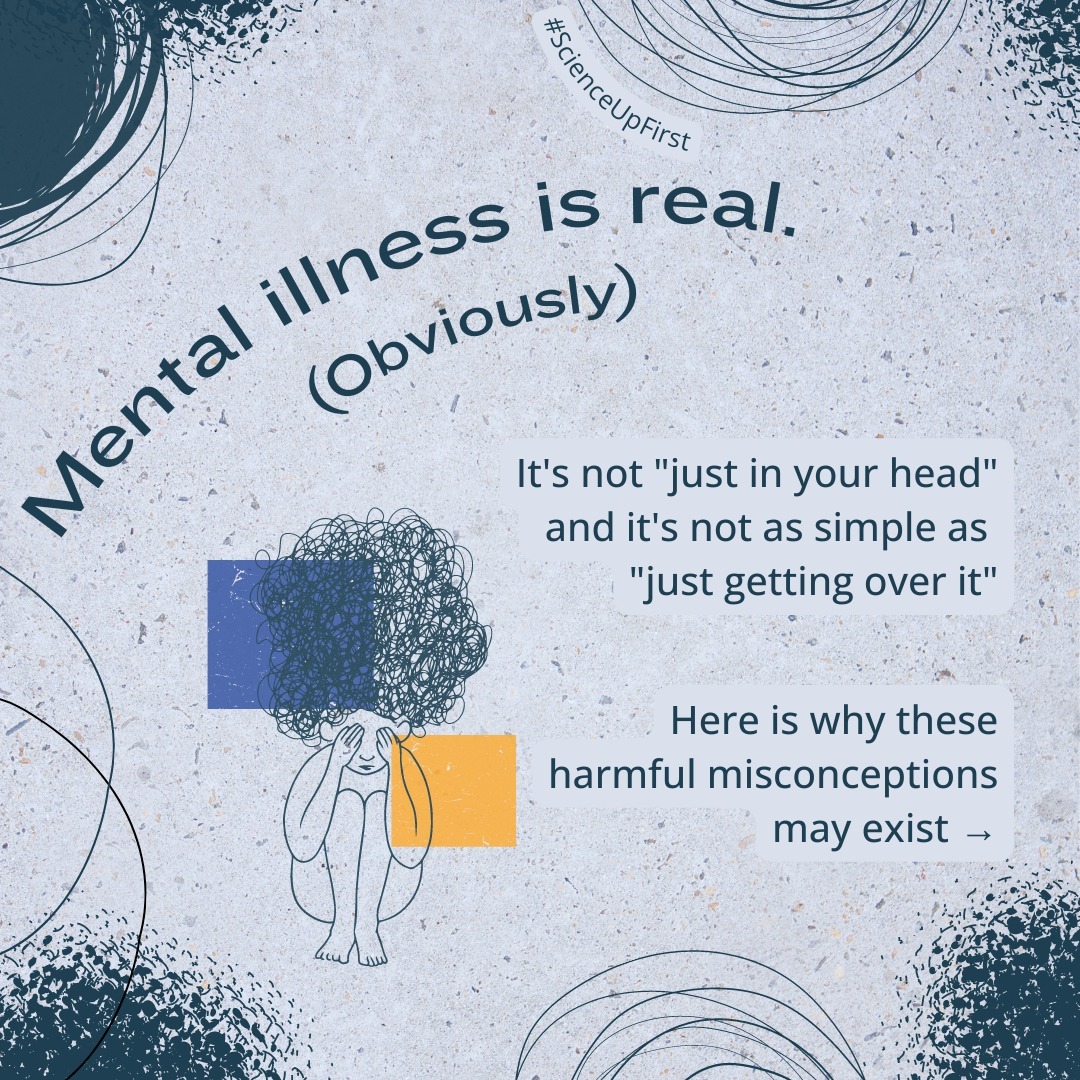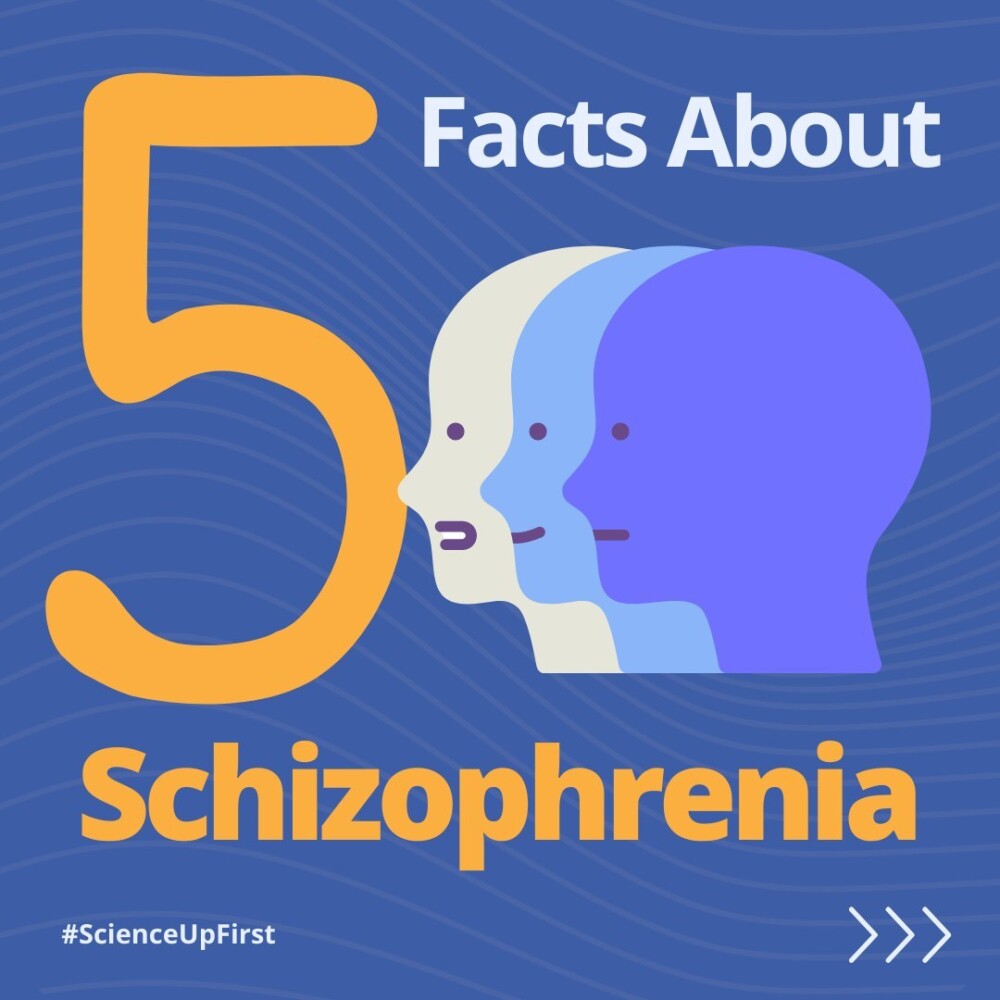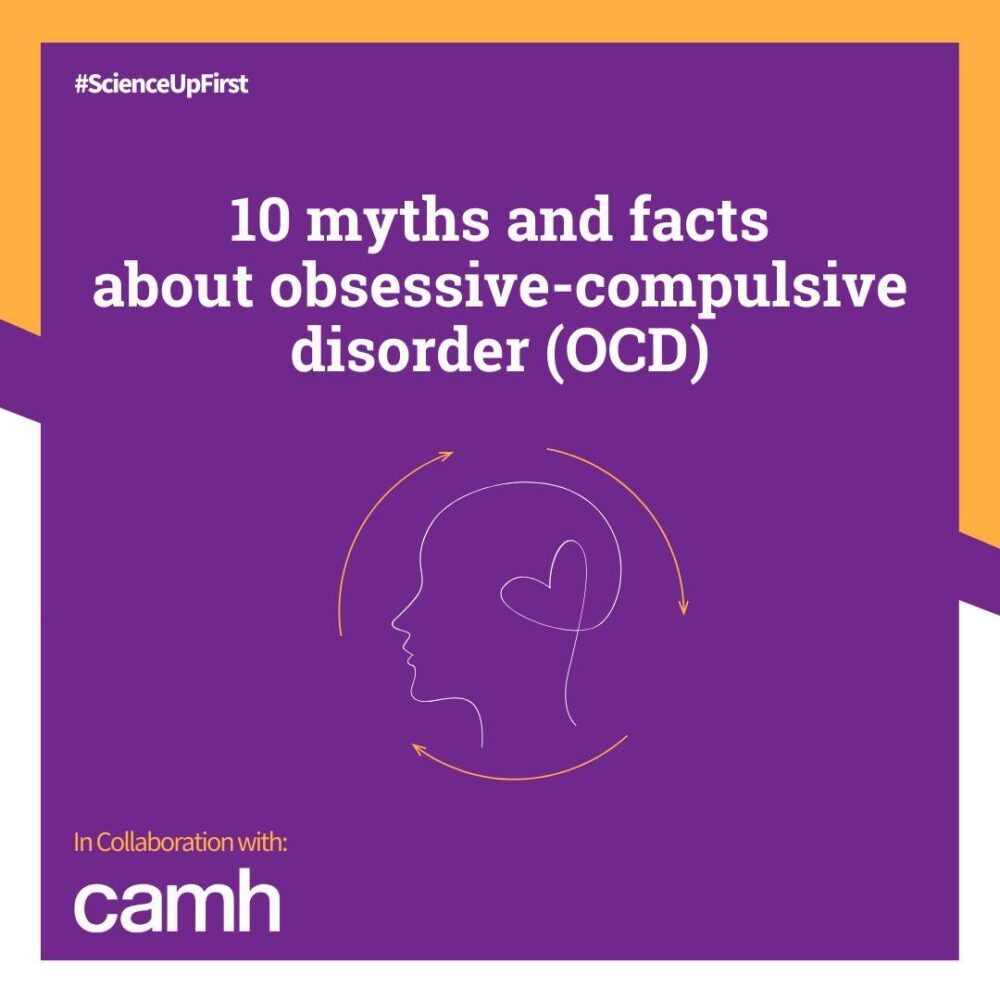





TW: This post mentions suicide.
Why do some claim that mental disorders are “fake” and that we should just “pull ourselves up by our bootstraps and move on”?
While resilience is a good thing, dismissing mental disorders as imaginary or personal weakness is misinformed and counterproductive.
Mental disorders can be truly debilitating and impair the everyday functioning of an individual. On a societal level, the economic cost of mental illness in Canada is over $50 billion per year (17,18). Depression and anxiety alone may have an economic cost on the world of US$1 trillion each year (6).
While a mental disorder generally only describes symptoms being experienced, it does not explain its cause. However, we do know of reliable factors that play a role in mental illness (2,19,20,21):
Genetics, and its interaction with the environment (22,23,24)
- Certain genes and family history may be associated with elevated risk
Biology
- Exposure to drugs or alcohol during fetal development (25,26,27,28)
- Bidirectional interaction between physical conditions and mental disorders (e.g., heart disease) (7,29,30,31,32)
Environmental (33,34,35)
- Adverse childhood experience (bullying, emotional abuse, maltreatment, parental loss) (36,37,38)
- Abuse, trauma, adversity (39,40,41)
- Socio-economic status, education, inequalities (42,43,44)
Other psychological factors (45-54)
A mental diagnosis can provide relief, clarify a treatment plan, and qualify you for certain insurance benefits, but it can understandably be distressing. Don’t hesitate to bring up your concerns with your healthcare professional, or get a second opinion.
It’s also important to remember that for many there is still a lot of stigma in getting psychiatric help. Belittling mental disorders only adds to this stigma, needlessly prolonging mental distress.
Share our original Tweet!
Just because mental disorders can’t be “detected” the same way a virus can, it doesn’t make them any less legitimate.
Anxiety and depression alone may have a yearly global impact of $US 1 trillion.
Read up to learn more. https://t.co/ipFGh2tP9P#ScienceUpFirst
[1/2] pic.twitter.com/KcU8drw0Fh
— ScienceUpFirst | LaScienced’Abord (@ScienceUpFirst) August 16, 2023
View our original Instagram Post!
View this post on Instagram
- Mental Illness in Canada – Data Blog – Public Health Infobase
- Mental disorders
- About mental illness
- What is Mental Illness?
- Risks of all-cause and suicide mortality in mental disorders: a meta-review
- Mental health
- The Relationship between Mental Health, Mental Illness and Chronic Physical Conditions
- Disability and Health Overview
- Is Mental Illness Real?
- Your Diagnosis
- Mental illness – Diagnosis and treatment
- How Do You Diagnose a Mental Illness?
- Depression Assessment Instruments
- Understanding psychological testing and assessment
- Mental Status Examination in Primary Care: A Review
- Making the Case for Investing in Mental Health in Canada | FR : LA NÉCESSITÉ D’INVESTIR DANS LA SANTÉ MENTALE AU CANADA
- A review of the economic impact of mental illness
- World mental health report: Transforming mental health for all
- Fast Facts about Mental Health and Mental Illness
- About Mental Health
- Genetics of borderline personality disorder: Systematic review and proposal of an integrative model
- Epigenetic Basis of Mental Illness
- Genetics of psychiatric disorders in the GWAS era: an update on schizophrenia
- Prenatal alcohol exposure and offspring mental health: A systematic review
- Psychiatric Illness in a Clinical Sample of Children with Prenatal Alcohol Exposure
- Psychiatric conditions associated with prenatal alcohol exposure
- Consequences of prenatal toxin exposure for mental health in children and adolescents
- Mental disorders and medical comorbidity
- Chronic Illness and Mental Health: Recognizing and Treating Depression
- Mood Disorders in the Medically Ill: Scientific Review and Recommendations
- Association between Mental Disorders and Subsequent Medical Conditions
- The impact of environmental factors in severe psychiatric disorders
- Environmental Risk Factors for Schizophrenia and Bipolar Disorder and Their Relationship to Genetic Risk: Current Knowledge and Future Directions
- Mental health: environmental factors
- Impact of environmental factors on mental health of children and adolescents: A systematic review
- Childhood trauma and adult mental disorder: A systematic review and meta-analysis of longitudinal cohort studies
- Association of Childhood Trauma Exposure With Adult Psychiatric Disorders and Functional Outcomes
- Sexual Abuse and Lifetime Diagnosis of Psychiatric Disorders: Systematic Review and Meta-analysis
- Understanding the Impact of Trauma – Trauma-Informed Care in Behavioral Health Services
- Poverty and common mental disorders in low and middle income countries: A systematic review
- Socioeconomic inequalities and mental health problems in children and adolescents: A systematic review
- Social determinants of mental disorders and the Sustainable Development Goals: a systematic review of reviews
- The Relationship Between Big Five Personality Traits and Psychotic Experience in a Large Non-clinical Youth Sample: The Mediating Role of Emotion Regulation
- Big 5 Personality Traits and Alcohol, Nicotine, Cannabis, and Gambling Disorder Comorbidity
- Personality traits and dimensions of mental health
- Associations of negative cognitions, emotional regulation, and depression symptoms across four continents: International support for the cognitive model of depression
- The effect of psychological treatment on repetitive negative thinking in youth depression and anxiety: a meta-analysis and meta-regression
- Rumination: A Cycle of Negative Thinking
- Building Trauma Informed Practice: Appreciating the Impact of Trauma in the Lives of Women with Substance Abuse and Mental Health Problems
- Lifestyle choices and mental health: a representative population survey
- Association between common stressful life events and coping strategies in adults
- Associations between coping strategies and mental health outcomes in autistic adults




